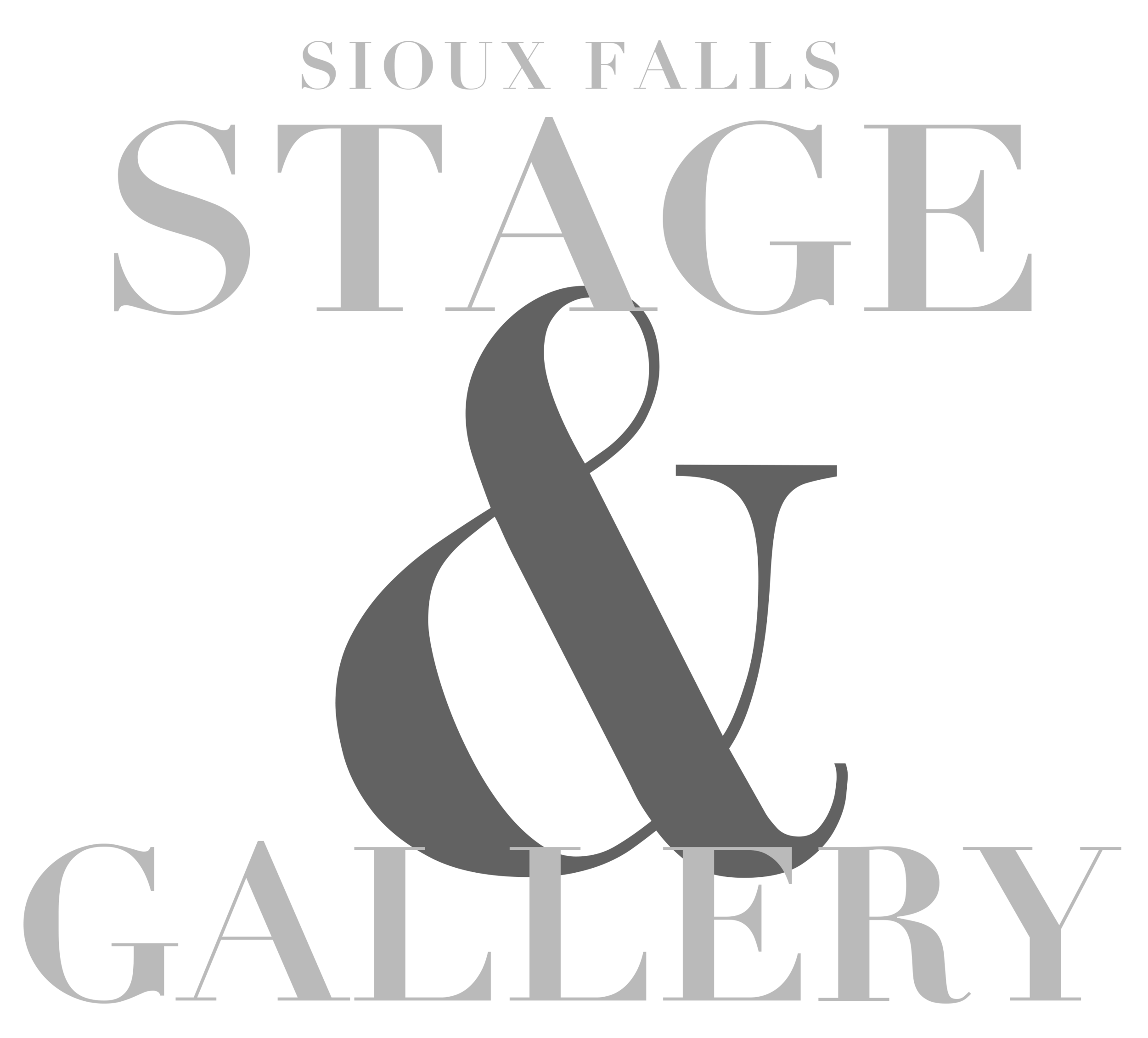Musical Curiosity
As an artist, Eduardo Mendoza is driven largely by curiosity — his penchant for picking up new instruments, seeking out multicultural experiences and sharing that exuberance with others is a big part of what makes him an engaging performer, as well as an influential music educator.
Eduardo Mendoza
“I’m a very curious person. I have a very curious nature,” he said. “As a matter of fact, I discovered that through different instruments you can basically express different voices. It’s like imagining being able to get inside the body of an artist. All of the instruments allow you to express different parts of music, voices, emotions.”
This curiosity has led him to a variety of destinations and avenues of musical expression, from his four-time recognition as a Latin Grammy scholar and now cultural ambassador, to his experience performing in his birth country of Bolivia, to playing indigenous Bolivian music at the Forbidden City in China, to his past five years living in South Dakota — first as a student at Northern State University (NSU) and now as an educator in the Sioux Falls School District.
“I had the joy to connect in a deeper level with different cultures through music,” he said, citing his experience winning a competition playing a Chinese flute that led him to his time in Beijing. “I learned how to play the flute and saw it as a common way for understanding. A way to understand and expand my cultural horizons. I saw music as a tool to literally get out there and realize the world is a huge place.”
Among his instruments of choice, Mendoza has been playing saxophone for 15 years, and he’s logged a decade and counting on a variety of indigenous Bolivian instruments. This breadth of musical experiences has informed how he approaches teaching music appreciation to the next generation.
“I feel that I’m a very spontaneous educator. I always like to showcase the instrument of the week to my kiddos,” Mendoza said. “I love to take advantage of the fact that I’m from a different culture and try to spark my curiosity in the students. I might start a lesson by playing an Irish flute and then teach them an Irish dance. Students can get motivated to learn more on their own. I’m achieving my goal as a multicultural ambassador and educator by sparking this curiosity in students’ minds.
“My goal is to show them what can be achieved with the resources they have if they put true dedication into music and arts. They might want to emulate and get inspired by that track.”
Mendoza recently was able to share one of his other musical gifts with a larger part of the Sioux Falls community, using live-looping in a recent performance at Levitt Sioux Falls.
“Live-looping allows such flexibility,” he said of the practice, which incorporates pre-recorded, looped tracks with live instrumentation and vocals to create an overall fusion of sounds. “At the Levitt we performed Irish rock, Latin, rap, EDM, hip-hop — it’s just amazing. The flexibility is awesome.
“I felt welcomed. I felt like people truly connected with me and my values. And people really felt the message that I was trying to share. I played an Irish rock song, I played a samba from Brazil, I played a traditional Bolivian song and I played a live-looping Latin hip-hop tune. People really valued it.”
Growing up in Bolivia, Mendoza cut his musical teeth by immersing himself starting at this fine-arts high school — he also went to bars and restaurants, made connections, played in a lot of salsa, rock and indigenous bands.
“All of those musical experiences motivated me to seek more musical experiences. I ended up here, and as an artist, I found myself in a very challenging situation,” he said. “All the music that I was used to doesn’t exist here — there are no salsa ensembles, no native South American ensembles, no Latin music ensembles. So all my musical baggage didn’t quite fit.”
It was an experience as part of a funk band his freshman year at NSU that created a new pathway. “I realized South Dakota can be clique-y — the bands in Aberdeen were very established, so there weren’t many performance opportunities. So I decided to come up with my own project. Something new and authentic.”
Through building out content on live-looping, global instruments and music education on his social channels, Mendoza also hopes to spread this curiosity to the masses through his online identity, “EMRO,” which he says is inspired by Bolivian music, jazz, Latin, neo-soul, R&B, electronic, dance and hip-hop.
“Every music genre allows you to accomplish a different function or service — by combining all the best parts, I can create a fusion that takes the best elements and create something super cool and super unique.”
Though his fervor for the power of music is infectious, Mendoza isn’t seeking to teach people so much as give them an appreciation for exploration.
“I don’t intend to educate people — I intend to motivate them to be inspired to learn more,” he said. “If you really want to become a multiculturally aware person, it has to come from you. You have to create your own processes and develop your own experiences to lead you to be a supporter. I don’t intend to educate, but rather inspire, which will hopefully lead to education. It’s a more realistic and organic process.”


